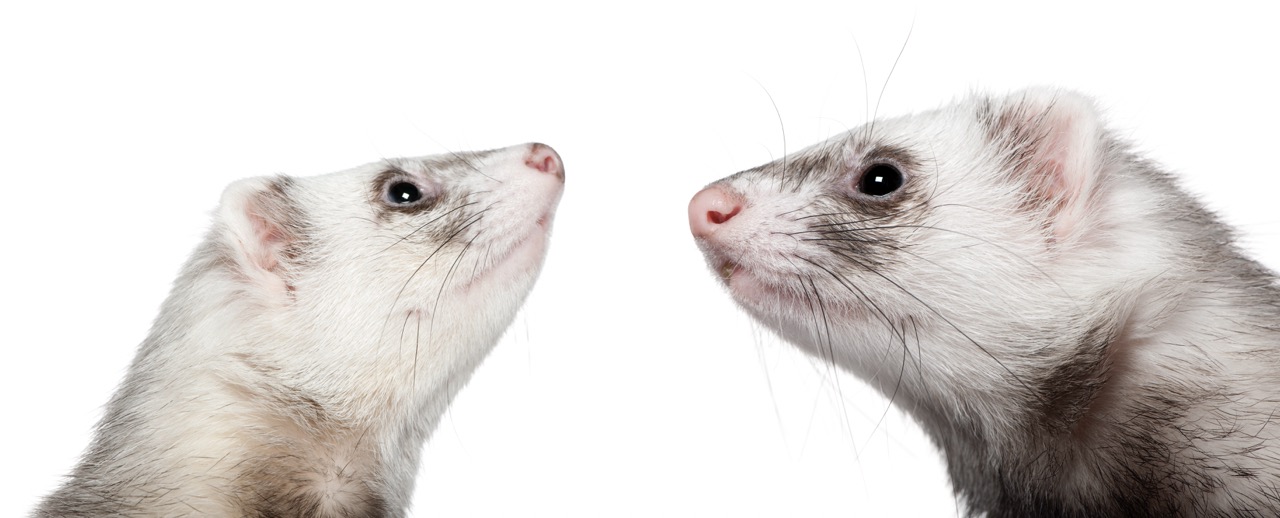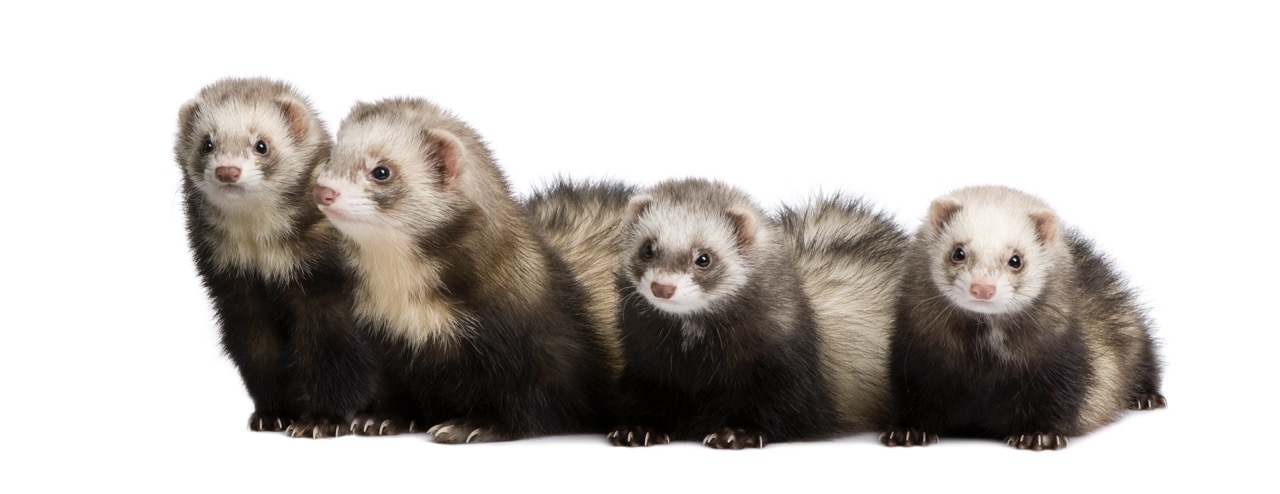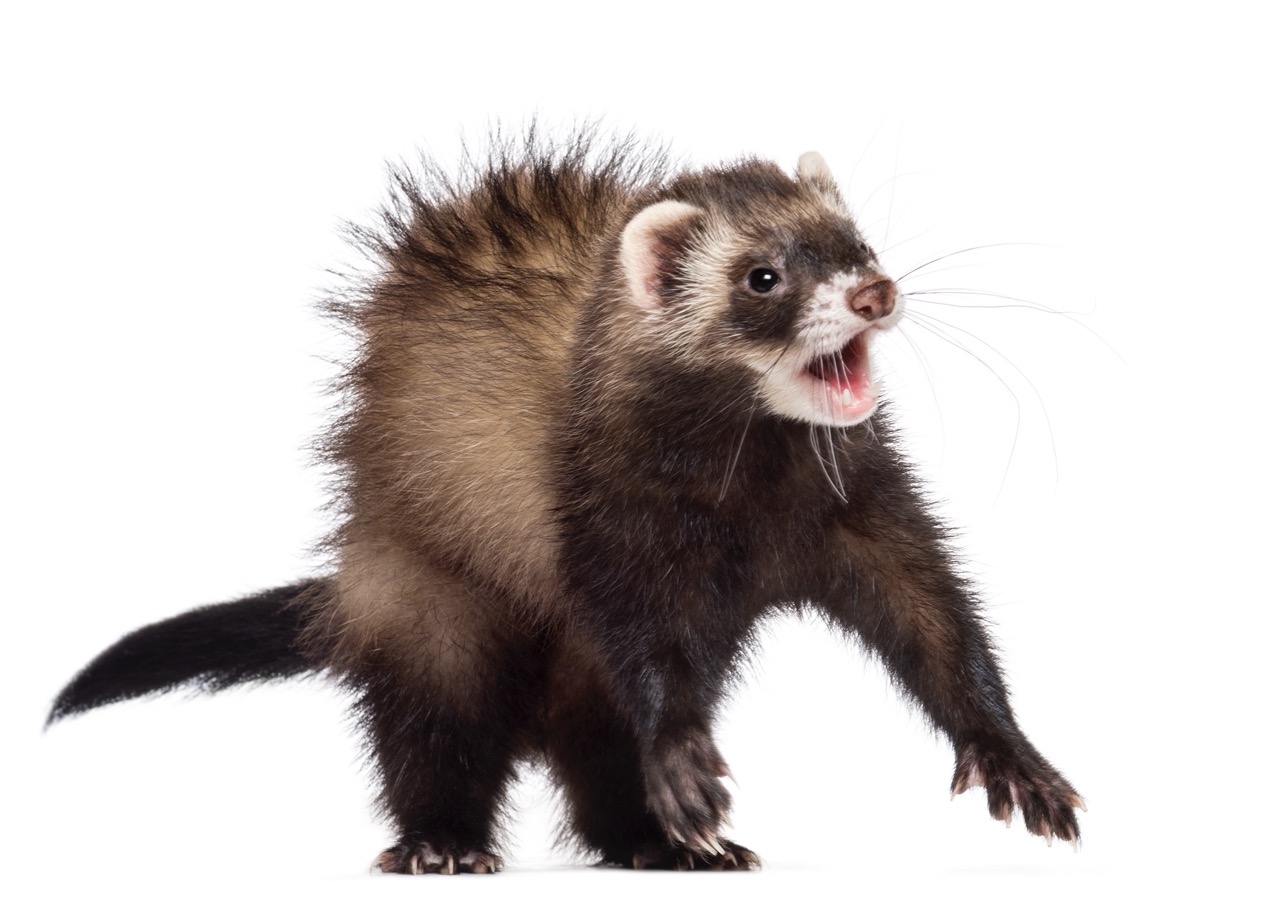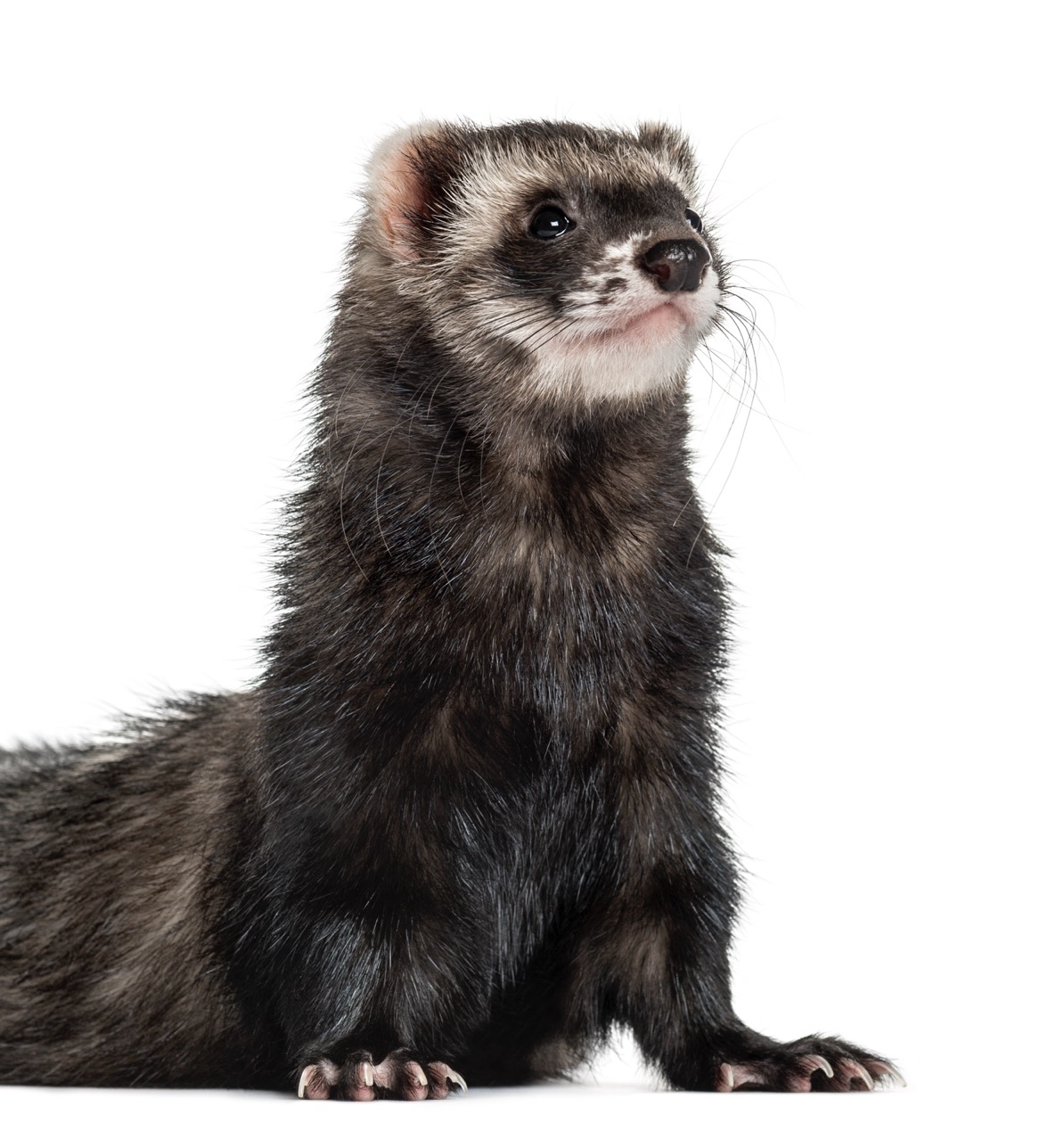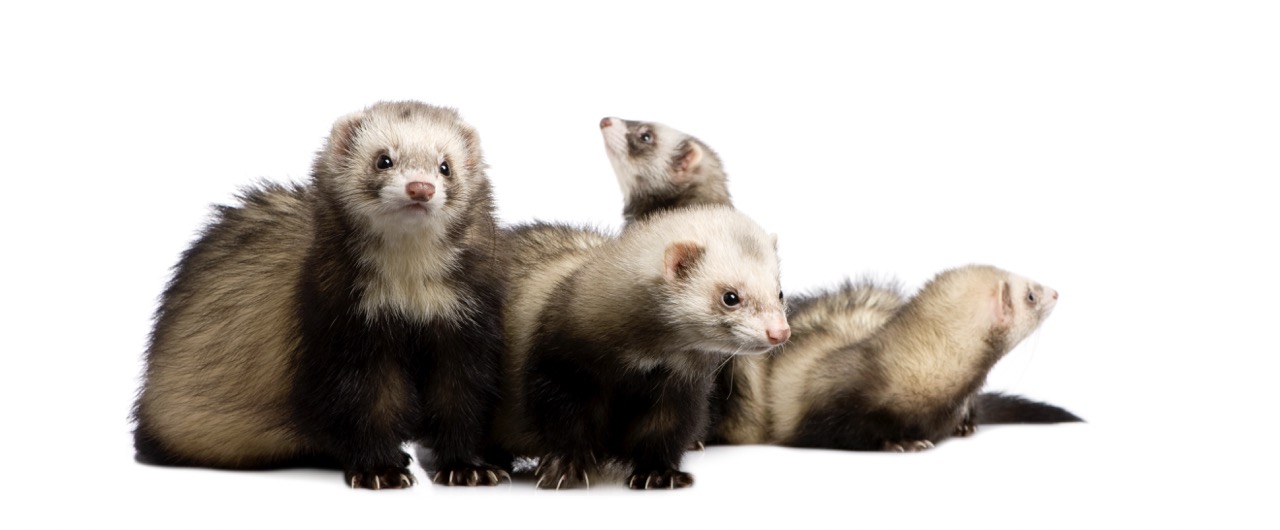Ferrets are delightful little creatures known for their playful and curious nature. As a pet owner, one of the most critical responsibilities you have is to provide them with the proper nutrition that supports their optimal health. Understanding ferret nutritional needs is essential not only for their growth and energy levels but also for preventing potential health issues. In this article, we will explore the best ferret foods available, key ingredients to look for, reliable brands, and tips for transitioning your ferret to a new diet.
Understanding Ferret Nutritional Needs for Optimal Health
Ferrets are obligate carnivores, meaning their diet must primarily consist of animal-based proteins. Unlike other pets, they have a short digestive tract which requires high protein and fat content in their food for efficient nutrient absorption. A diet lacking in these critical components can lead to serious health problems, including insulinoma and adrenal disease, making it imperative to choose food that aligns with their dietary needs.
In addition to protein and fat, ferrets require specific vitamins and minerals to maintain their overall health. For example, taurine is an essential amino acid for ferrets that supports heart function and eye health. Furthermore, ferrets do not effectively digest carbohydrates, so it is crucial to select foods low in sugars and grains that can cause digestive distress or obesity if consumed in excess.
Lastly, hydration is a vital aspect of a ferret’s diet, as they often don’t drink enough water. Therefore, incorporating wet food or offering fresh water alongside dry kibble can help ensure they stay well-hydrated. Regularly monitoring their weight and health can also provide insights into whether their dietary needs are being met effectively.
Top Ingredients to Look for in Ferret Food Options
When selecting food for your ferret, prioritize high-quality animal protein as the main ingredient. Look for specific meat sources such as chicken, turkey, or fish listed first in the ingredient list. These protein sources should ideally come from whole meats rather than by-products, as whole meats provide more digestible nutrients essential for your ferret’s well-being.
In addition to protein, healthy fats play a significant role in a ferret’s diet. Opt for foods containing animal fats, such as chicken fat or fish oil, as these sources are more beneficial than plant-based fats. Omega-3 and Omega-6 fatty acids, derived from fish oil, are particularly important for maintaining healthy skin and a shiny coat.
Lastly, avoid ferret foods that contain fillers like corn, soy, or wheat, as these are not beneficial for their digestion and can lead to weight gain. Instead, seek out ferret foods enriched with essential vitamins and minerals, such as vitamin E and calcium, which contribute to a balanced diet and overall health.
Recommended Brands for Quality Ferret Nutrition
Several brands on the market cater specifically to the dietary needs of ferrets, ensuring they receive the nutrients necessary for optimal health. One of the top recommendations is Marshall Ferret Diet, which is formulated specifically for ferrets and includes high protein and fat content with no added fillers. Their diet is well-balanced and widely trusted among ferret owners.
Another reputable brand is Zupreem Ferret Food, known for its high protein levels derived from quality ingredients. Zupreem focuses on creating diets that align with a ferret’s natural dietary needs while also including essential vitamins and minerals. Their products are often well-reviewed for palatability, making them an excellent choice for picky eaters.
Wellness Core Ferret Food is another commendable option, offering grain-free formulations with a high protein percentage. Their recipes are designed to mimic the natural diet of ferrets, using premium ingredients that provide balanced nutrition without unnecessary fillers. Choosing any of these brands can help ensure your ferret receives the best possible nutrition.
Tips for Transitioning Your Ferret to a New Diet
Transitioning your ferret to a new diet should be a gradual process to avoid gastrointestinal upset. Start by mixing a small amount of the new food with their current diet, gradually increasing the proportion of the new food over a week or two. This slow transition allows your ferret’s digestive system to adapt without causing distress.
During the transition, closely monitor your ferret’s behavior and health. Look for signs of digestive upset, such as diarrhea or vomiting, and adjust the transition pace accordingly. If you notice any adverse reactions, it may indicate that the new food is not suitable for your ferret, and you should reconsider your choice.
Lastly, providing a consistent feeding schedule can help establish good eating habits and make the transition smoother. Ferrets thrive on routine, so try to feed them at the same times each day and avoid free-feeding, which can lead to overeating and obesity. By following these tips, you can ensure your ferret smoothly adjusts to their new diet.
In conclusion, the health and happiness of your ferret depend significantly on the quality of their diet. Understanding their unique nutritional needs, recognizing essential ingredients, and selecting reputable brands will set the foundation for their optimal health. Additionally, following proper transitioning techniques when introducing new foods will help your ferret adapt without discomfort. By prioritizing their nutrition, you can help your ferret lead a long and healthy life, filled with joy and playfulness.






